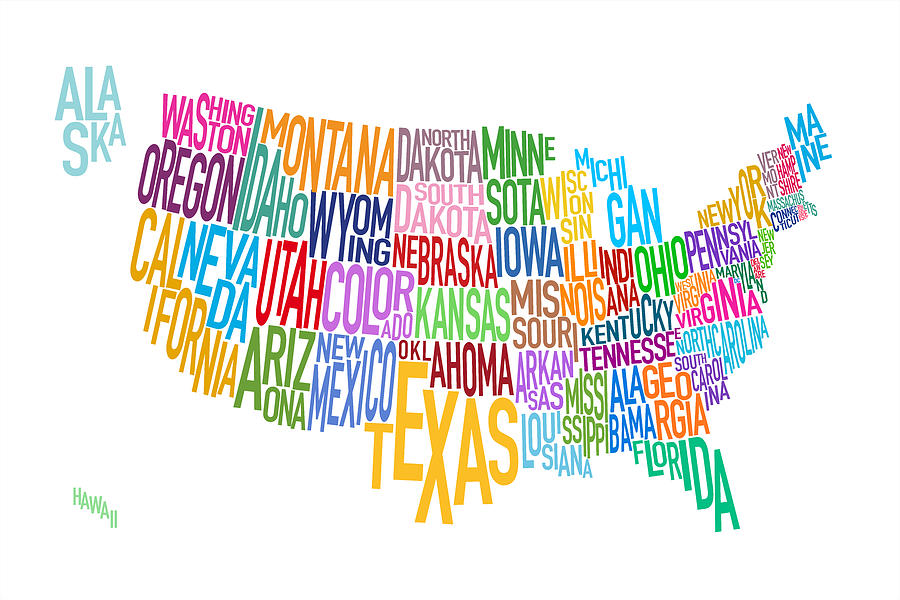By Michael Carnuccio and Matt Mayer
The federal government is financially broke. Because it is not restricted by a balanced budget requirement, it constantly spends money it doesn’t have. With the continuing fiscal crisis in Washington, there is no better time than now to have a vigorous debate on how we can best pull our country back from the fiscal brink.
We must move the discussion from fiscal gamesmanship in Washington to the real issue—where do Americans want the locus of government power over their lives to reside?
Given the disdain citizens have for the federal government and its poor track record of success, we believe Americans would prefer to deal with their state and local governments. Those governments, while certainly not perfect, are much closer to us and, therefore, far more transparent and accountable.
The Constitution purposefully promotes competitive federalism by limiting the powers of the federal government and reserving the remaining powers to the states. By so doing, our Founding Fathers guaranteed the states would serve as laboratories of competition. James Madison clearly articulated the constitutional balance of power when he wrote: “The powers delegated by the proposed Constitution to the federal government are few and defined. Those who are to remain in the State governments are numerous and indefinite.”
No matter your ideological views, few Americans today would claim that the federal government’s powers are “few and defined” and that the states’ powers are “numerous and indefinite.”
Over the last 80 years, the federal government has expanded its powers into the smallest corners of our lives and issued one-size-fits-all policies and mandates. At the same time, the ability of states to compete with each other on crucial policy issues grew weaker. The broad brushstrokes of unconstrained federal power perpetually inhibit states from solving America’s toughest challenges.
The nationalization of our lives means that when Washington fails, 305 million Americans get hurt. If a state makes a bad decision, only its citizens pay the price, and competition from the other states will force it to quickly reform or lose businesses and citizens.
The issues ripest for applying competitive federalism are Medicaid, education and transportation. In 2010, federal spending to the states totaled $564 billion for those programs. These items are typically among the largest parts of state and local budgets. It is simply disrespectful of state sovereignty to have such enormous budgetary issues driven by decisions in Washington. States are more than capable of deciding how best to tend to our poor, educate our kids and maintain our infrastructure.
With full control over issues, states must retain the tax dollars of their residents so they can directly fund these programs. Because a meaningful amount of the federal bureaucracy and its mandates will no longer be funded, the net impact on Americans of cutting federal taxes and raising state taxes to directly fund those items will result in lower net taxes.
By leveraging competitive federalism, we will empower states to experiment and identify solutions that best serve the unique needs of their citizens. Each state can decide how generously to fund programs over which it has total control.
Politics aside, it is far more preferable to place more power and funding into the hands of New York Gov. Andrew Cuomo or Oklahoma Gov. Mary Fallin than it is to leave it with President Barack Obama or House Speaker John Boehner.
We must break from the status quo that is ineffective, inefficient, costly and at odds with the Constitution. The states can serve as laboratories of competition that identify and solve our toughest problems. The top grassroots groups from 29 states already have endorsed competitive federalism. The next step is to get governors and legislators on board.
Fixing our country won’t start in Washington, it will end there. If we must fight to reinvigorate America, shouldn’t we at least fight for a vision that is something far greater than a slimmed down version of the status quo? Getting money and power out of Washington won’t be easy, but is there really any other fight more important to America’s future — to our kids’ and grandkids’ future? We don’t think so.
Michael C. Carnuccio is president of The Liberty Foundation. Matt A. Mayer is president of Opportunity Ohio. They are co-authors of the “Competitive Federalism Report,” available at Libertyfound.org.

